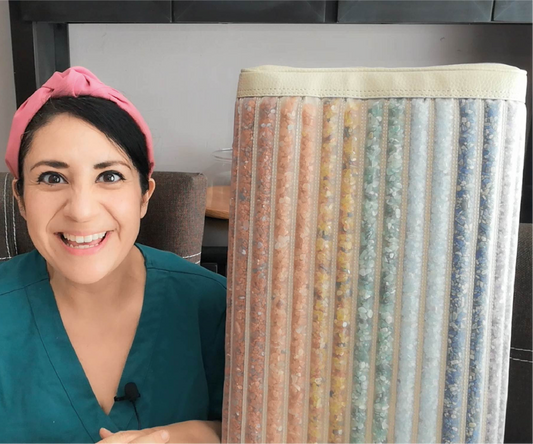Urinary incontinence is a common problem that affects many people around the world, especially as they age.
This condition, characterized by the involuntary loss of urine, can have a significant impact on the quality of life and confidence of those who suffer from it. In this article, we will explore urinary incontinence, its causes, symptoms, and treatment options in detail.
Urinary incontinence can manifest itself in many different ways, from small urine leaks to the inability to fully control the bladder.
Causes can vary and can include weakening of the pelvic floor muscles, neurological disorders, urinary tract diseases, obesity, and certain medications.
There are also different types of urinary incontinence, such as stress, urge, and mixed, each with its own characteristics and triggers.

The symptoms of urinary incontinence can be embarrassing and limiting, affecting the daily life of those who experience it.
Some of the most common symptoms include a frequent need to urinate, loss of urine when laughing, sneezing, or exercising, a sudden feeling of urgency to urinate, and waking up during the night to go to the bathroom.

Fortunately, there are a number of treatment options available to help manage and improve urinary incontinence.
Strengthening the pelvic floor muscles through Kegel exercises is one of the most effective and recommended measures.
These exercises involve regularly contracting and relaxing your pelvic floor muscles to strengthen them and improve bladder control.
In addition to Kegel exercises, behavior modification techniques, such as bladder training and scheduling, can be used to help manage symptoms of urinary incontinence.
In more severe or resistant cases, medical options may be considered, such as drug therapy, electrical stimulation devices, and in select cases, surgery.

It is important to remember that each case of urinary incontinence is unique and requires an individualized approach. If you are experiencing symptoms of urinary incontinence, it is advisable to seek the attention of a healthcare professional, such as a urologist or gynecologist, who will be able to perform a proper evaluation and recommend the most appropriate treatment for your specific situation.
At Bon Life Club, we understand the importance of addressing urinary incontinence holistically, providing accurate information, practical advice, and emotional support. Our goal is to help you recover your quality of life and well-being, providing you with the necessary tools and resources to effectively manage this condition. You are not alone in your fight against urinary incontinence. Together we can find solutions and live a full life without limitations!
BonLife Club : Your guide to a healthy and balanced life.








